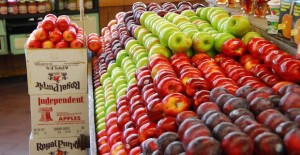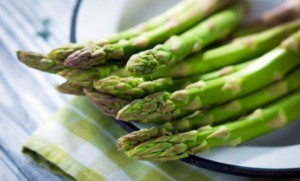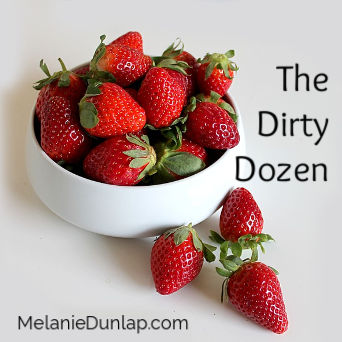You try to eat right. You order a salad instead of a burger. You snack on fruits and veggies.
But are your veggies full of pesticides?
Americans consume a mixture of pesticides every day. While you need vegetables and fruits for a healthy diet, research suggests that pesticides in produce can cause health challenges. Long term exposure to pesticides has been linked to cancer, Parkinson’s disease, depression, anxiety and infertility.
Yet consuming more fruits and vegetables can prevent or treat most of those diseases.
So, what is a health-conscious consumer to do? Buy organic as much as possible. People who eat organic produce eat fewer pesticides. In 2015, scientists at the University of Washington found that people who often or always buy organic produce had significantly lower quantities of organophosphate insecticides in their urine samples.
Of course, you want to eat as healthy as possible, but buying all organic produce can put a real dent in your budget. The USDA estimates that organically grown produce can cost 10-30% more than non-organic.
The good news is that not everything has to be organic. Testing showed that less than 1% of avocados and sweet corn had any detectable pesticides. More than 80% of pineapples, papayas, asparagus, onions and cabbage have no pesticide residues.
There are some foods that you should always eat organic. Conventionally grown spinach has 1.8 times more pesticide residue than any other crop. In the US spinach can still be sprayed with a neurotoxin bug killer that is banned from use on food crops in Europe.
Non-organic strawberries have been known to have reside from 20 different pesticides. More than 98% of sampled peaches, nectarines and apples tested positive for at least one pesticide.
Fortunately, the Environmental Working Group (EWG) has compiled two lists, the dirty dozen and the clean fifteen, to help you make informed purchases. The Dirty Dozen list contains produce with the highest amount of pesticide residues. The EWG’s list of Clean Fifteen includes produce least likely to contain pesticide residues.
Here are the 2018 winners:

Dirty Dozen
- Strawberries
- Spinach
- Nectarines
- Apples
- Grapes
- Peaches
- Cherries
- Pears
- Tomatoes
- Celery
- Potatoes
- Sweet Bell Peppers

Clean Fifteen
- Avocados
- Sweet Corn
- Pineapples
- Cabbage
- Onions
- Frozen Sweet Peas
- Papayas
- Asparagus
- Mangoes
- Eggplants
- Honeydews
- Kiwi
- Cantaloupe
- Cauliflower
- Broccoli
Keep this list handy when you go shopping so you can eat less pesticides and protect your budget!
